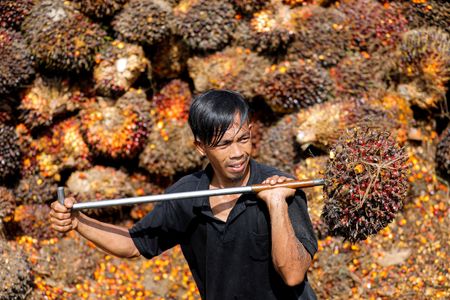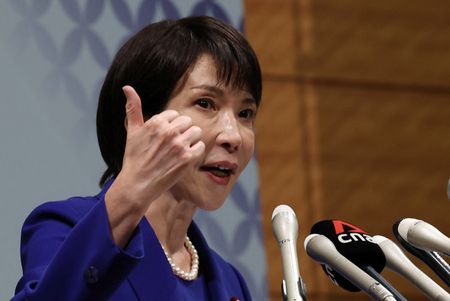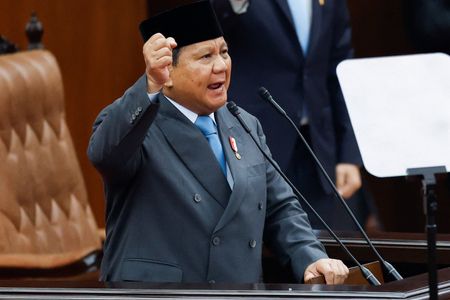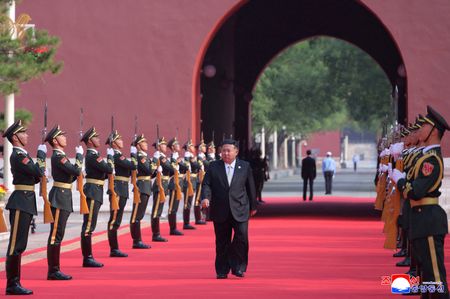By Mei Mei Chu and Rajendra Jadhav
KUALA LUMPUR (Reuters) -Indonesia’s palm oil exports are set to fall in 2023 as it increases the use of the tropical oil in biodiesel, reducing the surplus available for overseas sales, the Indonesian Palm Oil Association (GAPKI) said on Wednesday.
“There is a shift in the composition of demand from export oriented to more domestic consumption,” Fadhil Hasan, head of the trade and promotion division at the association told a conference.
Growth of exports in the 2020-2025 period is forecast to fall 7.66%, after an 8.09% increase in export growth in the 2016-2020 period, while domestic consumption showed a considerable increase due to a mandatory biofuel programme, Fadhil said.
Indonesia in January launched its biodiesel programme with a mandatory 35% palm oil content, expanding from the previous 30%, raising domestic crude palm oil use by 2 million tonnes to 2.5 million tonnes.
Palm oil production in the world’s largest producer is also likely to fall marginally this year due to the weather and a lack of fertiliser use at smallholder farms, he said.
“Prices will be in a declining trend in 2023 in the short term,” he said.
Fadhil said Indonesia was unlikely to meet a June target to launch a crude palm oil benchmark price as it would take time for various government ministries involved to coordinate.
“It is a good idea but whether can be realised in a short period is questionable,” he said.
Most Indonesian palm oil exporters conduct sales directly with buyers without going through an exchange, while auctions by the state trading company KPB Nusantara only offer physical palm oil and not futures contracts.
(Reporting by Mei Mei Chu and Rajendra Jadhav; Editing by Tom Hogue, Robert Birsel)










